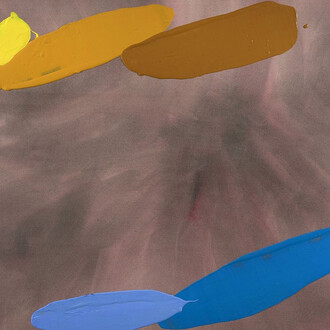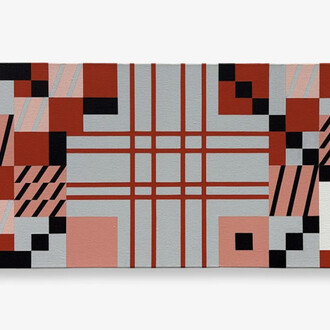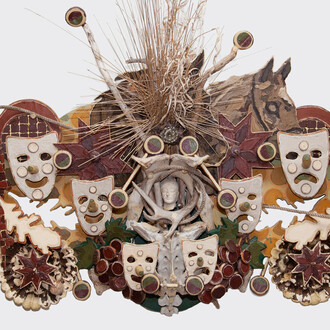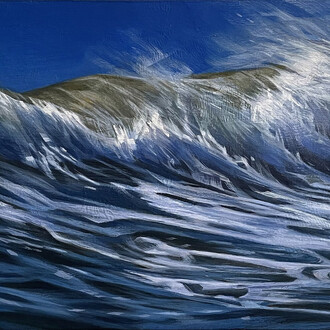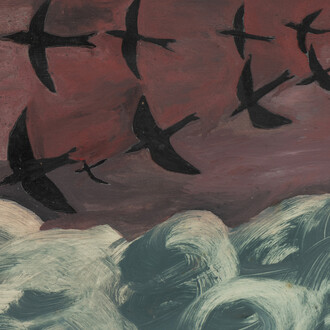Sara Ouhaddou is an artist and designer dedicated to preserving and reinterpreting dying craft techniques and to using them as the base for her contemporary art practice. Through her residency in New York City, Ouhaddou is adapting previous explorations in textile and ceramic tile, though glass.
Ouhaddou’s ongoing exploration of traditional Moroccan designs and forms began in 2011, when she first started researching Islamic geometry. Imbued with strong spiritual and cultural significance, Islamic geometry forms a longstanding cultural language used in craft, architecture, clothing and art across the Islamic world. Motivated by a curiosity around adapting this visual language to modern forms, as well as a desire to support traditional craft techniques at risk of being forgotten in contemporary Moroccan society, Ouhaddou set out to collaborate with craftsmen and women in her home country. In doing so she created modes of dialogue between artisans as well as supported micro-economies.
Working closely with master craftsmen in South Morocco’s Ourika Valley to use locally sourced natural clay, Ouhaddou’s handcrafted ceramic tile collection is influenced by the delicate mosaic tradition of Fez with its Spanish and Arabic roots. Each tile, of which there are five distinct patterns, is hand sculpted and unique as a result of the firing technique, which creates subtle variations. The works combine handcrafted detail with a contemporary dynamic tension evoked through a bold use of space and depth. Ouhaddou later developed a partnership between the craftsmen of Ourika Valley in Morocco and the craftswomen of Limoges in France, to create a collection of tiles in thin, almost translucent porcelain.
Tetouan, a town in North Morocco, is known for its unique embroidery patterns that developed through historic cultural links with Andalusia, Spain. Working with young student in the Dar Sanaa school, Ouhaddou developed a curriculum to teach traditional embroidery and to explore modern adaptations of classic motifs through embroidery on textile, as well as on recycled scraps of rubberized-cloth. Young women with restricted schooling, Ouhaddou’s collaborators worked with her to create a range of adaptations, gaining skills and economic opportunities through the process. Through sculpting, layering, embroidering and polishing rubber scraps, Ouhaddou als worked in Tetouan to design a series of modern stools. Ouhaddou also partnered with Berber communities in Morocco’s Atlas Mountains to re-launch collectives of women led, societies of weavers, working to create a modern collection of fabric and carpets using traditional weavers’ techniques.











